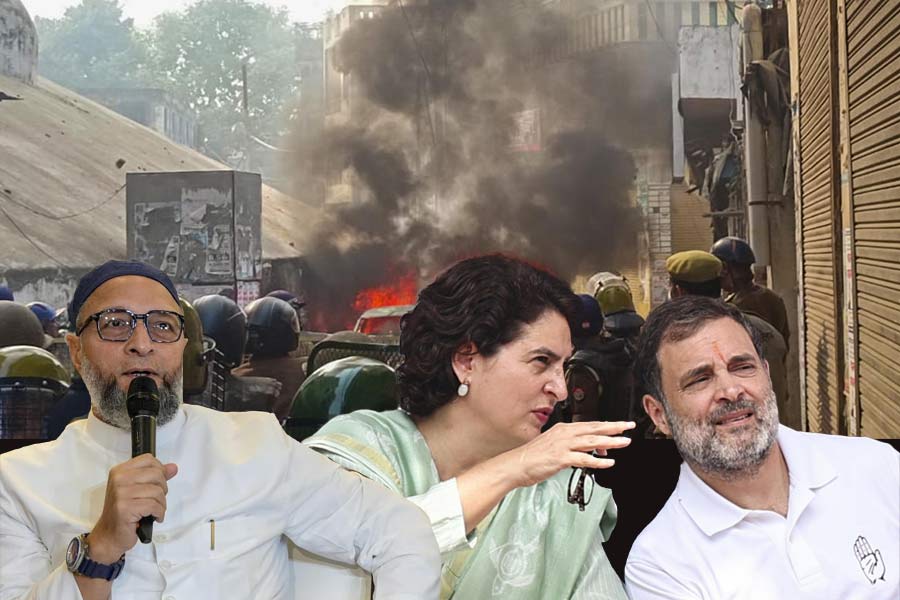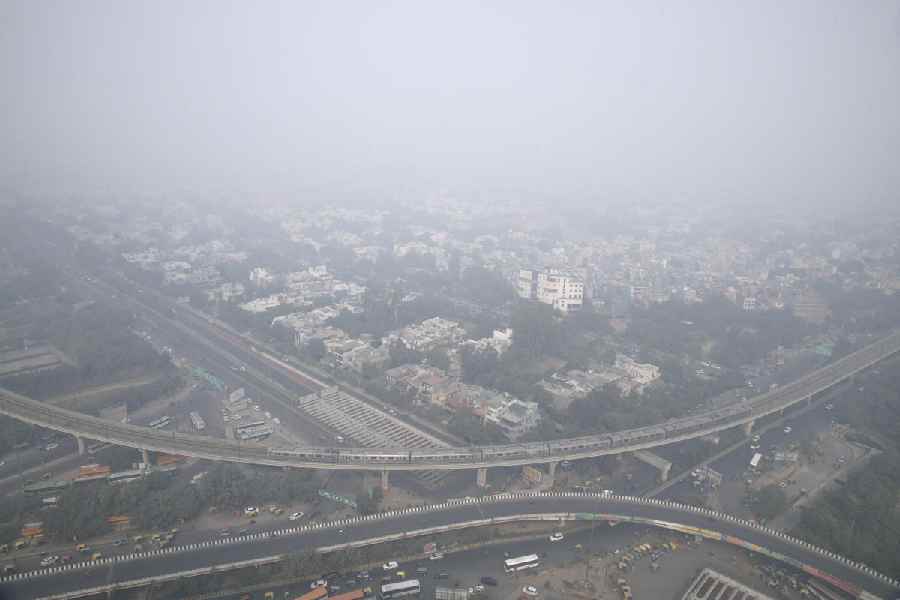Most of us invest a lot of time in researching and determining what’s best for us. For instance, we look for a smartphone with a good storage space and battery life or when deciding on a car, we check the leg room it offers and the mileage it gives.
Checking the features and durability when buying anything is a common tendency. But are you this careful when buying a health insurance for yourself and your family members?
Just buying health insurance for the sake of it is not enough. In order to be appropriately secured, you need to look into the coverage and more importantly, the sum insured of the policy. Your policy may cover you for many ailments, but if you don’t opt for the right sum insured, the policy is not of much use.
The sum insured of your health insurance policy is basically the extent to which your insurer will pay you in case of a medical exigency under the terms and conditions mentioned within the policy. Just imagine a scenario wherein you have a family floater health insurance policy for yourself and your spouse with a sum insured of Rs 3 lakh,which you may have bought for tax saving purpose.
Do you think this amount will be enough to cover both of you in case both are detected Covid-19 positive and need to be hospitalised? Certainly not.
You may end up digging into your savings or borrowing from your relatives to pay for the hospitalisation expenses.
Below are some of the factors I believe if accounted for will help you choose the right sum insured for your base health insurance policy.
Age is a factor
It is a known phenomenon that the more you age, the higher will be your medical treatment costs. Hence, you should opt for the right sum insured from the beginning. When you are younger, not only is the premium of your policy less, but since there are less chances of you making a claim, you also get a no claim bonus upon renewal wherein your sum insured increases up to a certain extent.
However, if you are buying a policy when you are 50 years or above, you must have a sum insured of at least Rs 10 lakh considering that even a normal surgical procedure can cost you about Rs 2 lakh.
‘What if’ scenario
While we always hope for the best, we need to be prepared for the worst. Hence, think about ‘what if’ you or your family members were to be hospitalised. You need to understand and identify the average treatment expenses of good hospitals around you and their room rent costs. This simulation will help you arrive at the sum insured you need to opt for your base cover.
Family history & members
If there’s a history in your family for a particular ailment or health condition, you should factor in the treatment cost of that ailment while choosing the sum insured of your policy.
Family members: This factor is more important in case you are buying a family floater health insurance policy. Since the sum insured under this policy floats across all the family members, it is important to consider everyone’s age, needs of each member and their future healthcare expenses.
You need to ensure here that if one family member falls ill, the sum insured is such that it doesn’t get completely exhausted, thereby ensuring other members are still covered.
Revisiting the sum insured
Today, a Rs 5 lakh base health indemnity policy may be sufficient for an individual.
However, considering the rising medical inflation at 12-15 per cent every year and the unknown ailments striking us for which the treatment costs may be higher, it’s wise to revisit your sum insured every couple of years. This will ensure that you are appropriately covered in line with the healthcare costs, thus reducing your out of pocket expenses.
There are times when your basic health insurance policy with reasonable sum insured may not be sufficient for you, especially for treating health conditions like a stroke or a kidney failure. Hence, after you have sorted out the sum insured of your base cover, you need to look at how you can further enhance your health coverage.
In addition to the basic health policy it is advisable to opt for a super top-up policy, which helps extend your policy to a higher sum insured at a very low price.
Additionally, you can opt for a critical illness policy, which is a benefit-only policy that provides you a lump sum amount upon being diagnosed with life threatening health conditions as listed in your policy.
Opt for a personal accident cover, which is also a benefit policy and covers death along with total, partial and temporary disability that arises out of an accident. These measures will ensure you have a holistic health insurance cover to take care of you in case of any medical exigency.
Health insurance is an indispensable financial tool, which can go a long way in increasing one’s life expectancy because of access to quality medical treatment. I’m sure that if you take into account all the above points, you’ll be sufficiently covered in case of a medical exigency.
The writer is MD & CEO, Bajaj Allianz General Insurance











